Through testing of 46 common fruits and vegetables, the US Environmental Protection Agency (EPA) and a Harvard research group have compiled a list of the most pesticide-contaminated foods.
1. Strawberries
Strawberries have consistently topped the list of the most pesticide-contaminated foods for 6 consecutive years, according to the EPA. One strawberry sample tested positive for 13 different pesticide residues.
The most effective way to wash strawberries is to leave the stems on and soak them in water for about 15 minutes to allow the pesticides to dissolve. Then, remove the stems and soak the strawberries in a saltwater solution for an additional 5 minutes. Finally, rinse with fresh water before consuming.
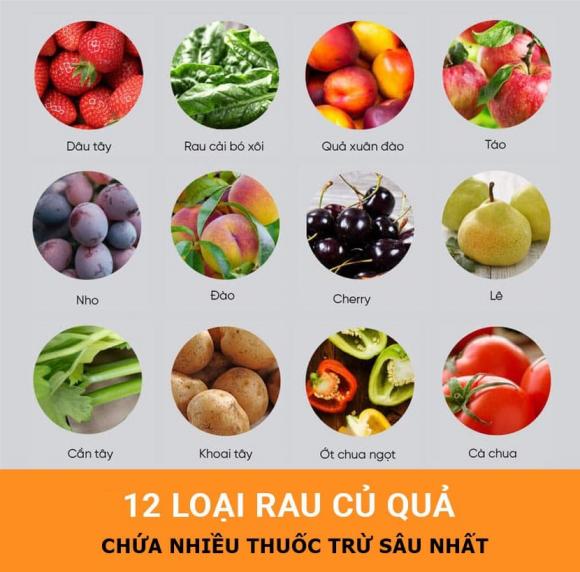
List of the most pesticide-contaminated foods
2. Spinach
Spinach is one of the vegetables that is constantly sprayed with pesticides, making it the most heavily contaminated leafy green.
3. Cauliflower
4. Cherries
5. Apples
The EPA’s report indicates that, on average, tested apples contained 4.4 different pesticide residues. Experts explain that before being sold, apples are typically sprayed with chemicals to prevent the skin from turning brown during cold storage and transportation. However, these chemicals can form nitrosamine, a harmful substance to health.
6. Grapes
One tested sample of grapes revealed the presence of up to 15 different pesticide residues.
7. Cherries
8. Peaches
Peaches contain many pesticides and it is difficult to wash off the harmful substances clinging to the skin. Therefore, it is safer to peel the skin before consuming.
9. Pears
10. Bell peppers
Researchers have found that tested bell peppers contained up to 15 different pesticide residues. This fruit is highly favored by insects, causing small bites on the skin that are not visible to the naked eye. Pesticides can easily penetrate the pepper from these bite marks.
11. Celery
According to experts, harmful substances can easily penetrate celery stalks and enter our bodies through food and drink. It is difficult to wash off the harmful substances on celery stalks. 13 different pesticide residues were found on one tested sample of celery.
12. Tomatoes
Tomatoes are easily contaminated and spoiled, so people often use ripening agents to make tomatoes ripen evenly and beautifully. Up to 13 different pesticide residues were found in one sample of tomatoes.
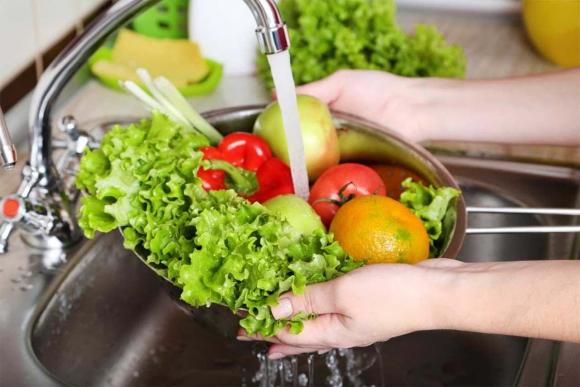
The EWG also provides a list of the Clean Fifteen – the least pesticide-contaminated foods
1. Avocado
2. Corn
3. Pineapple
4. Onion
5. Papaya
6. Peas
7. Eggplant
8. Strawberries
9. Brussel sprouts
10. Cabbage
11. Kiwi
12. Cauliflower
13. Mushrooms
14. Honeydew melon
15. Cantaloupe
Tips for choosing safe fruits and vegetables
– The amount of pesticide residue on fruits and vegetables is highest in dry seasons and lowest in rainy seasons because rainwater helps wash away some of the harmful substances on fruits and vegetables.
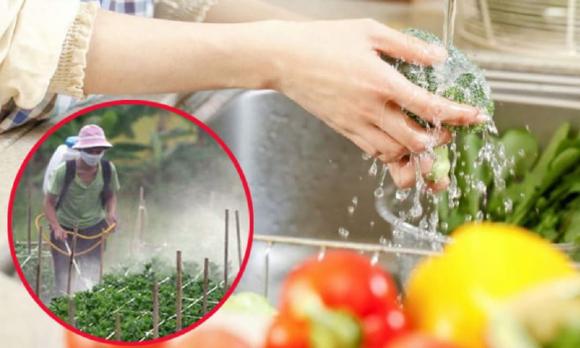
– Fruits and vegetables with hard skins should be peeled before consumption for safer eating, such as pumpkin, squash, and bitter melon.
– Leafy greens and fruits that do not require peeling, such as water spinach, sweet cabbage, pickling vegetables, pennywort, courgette, lettuce, Chinese broccoli, yardlong bean, bitter gourd, cucumber, tomatoes, grapes, apples, and cherries, should be chosen with caution.
– Choose fresh produce that is free from scratches, wilting, crushing, or any foreign substances, with natural colors and firm texture, and feels heavy when held.
– Carefully examine fruits and vegetables before purchasing, as some may still appear fresh on the outside but are rotten inside due to the use of preservatives.
How to properly wash fruits and vegetables?
– Pay attention to thoroughly wash fruits and vegetables under running water.
– For vegetables and fruits with hard skins, use a brush to scrub the surface and any crevices to remove dirt and any remaining pesticide residues.
– It is possible to remove the leaves and outer skin of vegetables and fruits before cooking.
– Do not use soap or detergents to clean fruits and vegetables.
By Justice & Society
Risks of Health Issues from Pesticides Rise After Washing Certain Vegetables
With many vegetables containing pesticide residue, it is important to properly clean them to eliminate potential health risks. In this article, we will be exploring three methods to ensure the removal of pesticides from your vegetables.
Refrigerate Your Vegetables and Fruits to Maximize Their Freshness
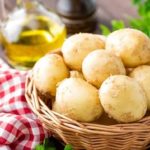 Fruits to Maximize Their Freshness’>
Fruits to Maximize Their Freshness’>Increase your daily nutrition intake with these simple tips for storing veggies and root veggies in the refrigerator. Learn how to store your essential foods for maximum health benefits and nutrient content.

























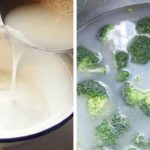 Vegetables
Vegetables







